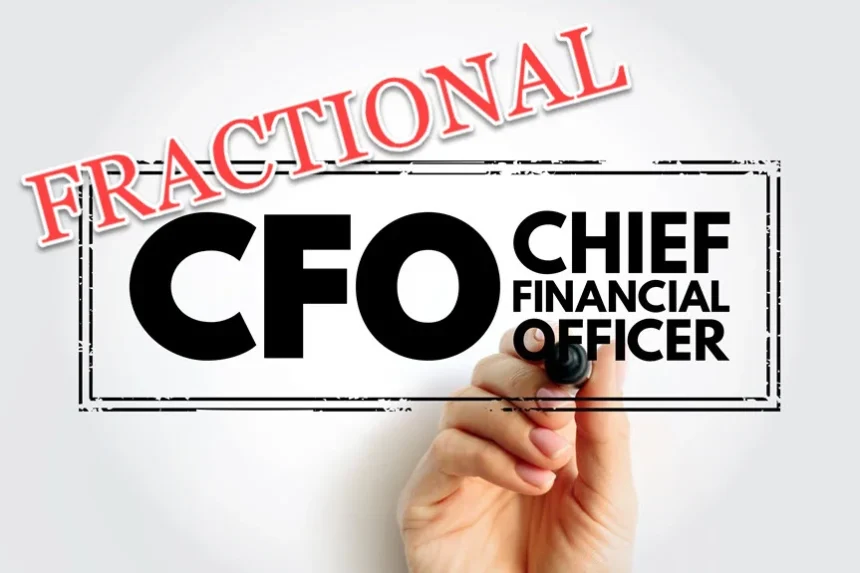Gagan is the CEO of Wows Global, a matchmaking platform for startups and investors in Asia.
Previously he was a board member and Group CFO of Deliveree, one of the fastest growing on-demand logistics companies in SEA.
Guest Author: Gagan Singh
Imagine this: A startup is scaling rapidly, with a strong product and a growing customer base. They have an Accounting Director who keeps the books in check, but something is missing.
As they prepare for their next funding round, they realize they need more than just accurate numbers—they need strategic financial insight to chart the path forward. Enter the fractional CFO.
Over 75% of pre-Series B startups are now turning to fractional CFOs. Why? Because while an Accounting Director ensures the financials are in order, a CFO provides the strategic direction to steer the company through growth, fundraising, and even potential pitfalls.

These roles are distinct yet complementary.
The Hidden Risk: Bad Terms That Haunt Future Rounds
Without a fractional CFO during the early days, founders may find themselves agreeing to unfavorable terms with investors—terms that can set a precedent for future financing rounds.
What might seem like a small concession now could lead to restrictive covenants, diluted equity, or even loss of control down the road.
A fractional CFO brings the experience needed to navigate these negotiations, ensuring that founders protect their long-term interests while securing the necessary capital.

Fractional CFOs offer the expertise of a full-time CFO on a part-time basis.
Their roles include:
1. Strategic Financial Planning: Beyond just crunching numbers, they craft financial models and guide long-term strategy, ensuring the startup’s vision aligns with its financial health.
2. Fundraising and Investor Relations: They don’t just track cash flow—they create compelling financial narratives that resonate with investors, guiding the company through successful funding rounds with terms that support future growth.
3. Corporate Structuring: As startups grow, so do their complexities. Fractional CFOs help structure the business in a way that supports scalable operations and aligns with future goals.

4. Cost Management and Profitability: They don’t just report costs—they analyze them, identifying opportunities to optimize spend, extend the runway, and enhance profitability.
5. Scalability: They design processes that not only support growth but also anticipate the challenges that come with scaling, ensuring the company can handle increased operational demands.
Even if a startup has an Accounting Director, the strategic insight of a fractional CFO can be the difference between steady growth and exponential success.
By leveraging their experience, startups can navigate growth with agility and confidence, optimizing their chances for long-term success.
How are you structuring your financial leadership?
#startups #fractionalCFO #venturecapital #entrepreneurship #financialstrategy #corporatestructuring #wowsglobal









